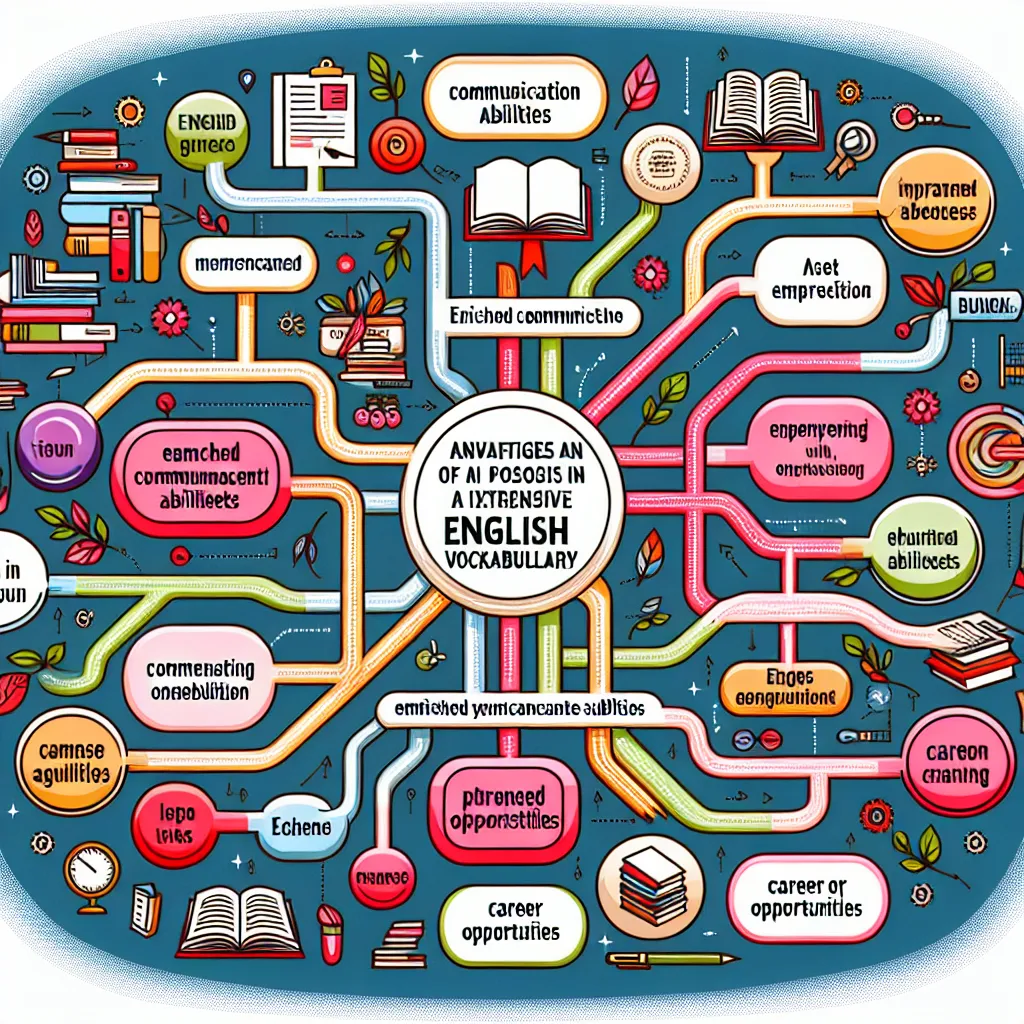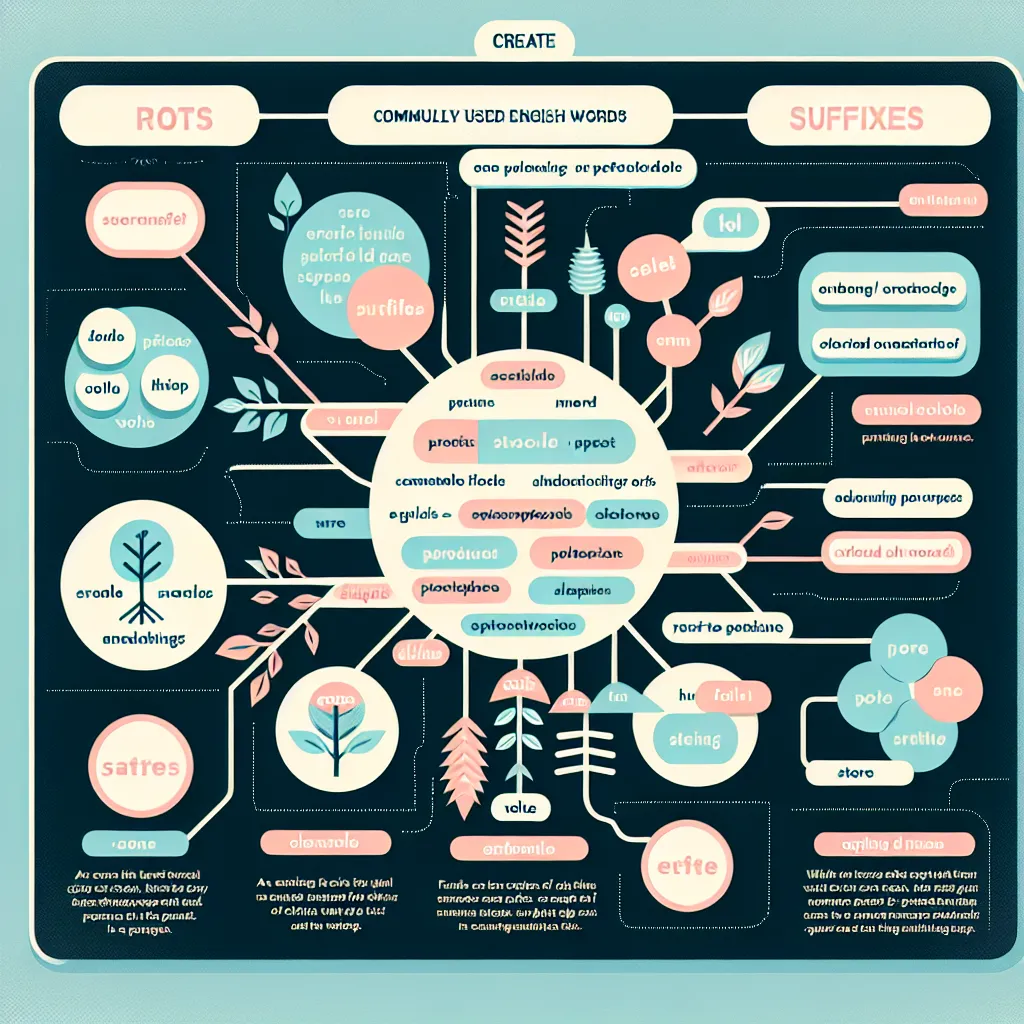Learning new English words is a fundamental aspect of mastering the language. Whether you’re a beginner or an advanced learner, expanding your vocabulary is crucial for improving your overall language skills. This comprehensive guide will provide you with effective strategies and techniques to learn English words efficiently and retain them for long-term use.
Understanding the Importance of Vocabulary Acquisition
Before diving into specific strategies, it’s essential to recognize why building a robust vocabulary is vital for English language learners. A rich vocabulary enables you to:
- Express yourself more precisely and eloquently
- Comprehend complex texts and conversations
- Improve your writing skills
- Enhance your listening and speaking abilities
- Perform better in academic and professional settings
 Importance of English Vocabulary
Importance of English Vocabulary
Effective Strategies for Learning English Words
1. Context-based Learning
One of the most effective ways to learn new words is through context. Instead of memorizing isolated words, try to understand them within sentences or paragraphs. This method helps you grasp the meaning and usage of words more naturally.
Tips for context-based learning:
- Read extensively: Books, articles, and news stories provide excellent contexts for new vocabulary.
- Watch English movies and TV shows with subtitles: This allows you to hear words in context and see their written form simultaneously.
- Listen to podcasts or audiobooks: These resources expose you to natural language use and diverse vocabulary.
2. Spaced Repetition
Spaced repetition is a learning technique that involves reviewing words at increasing intervals. This method capitalizes on the psychological spacing effect, which suggests that information is better retained when studied over time rather than all at once.
How to implement spaced repetition:
- Use flashcard apps like Anki or Quizlet that have built-in spaced repetition algorithms.
- Create your own review schedule, revisiting new words after 1 day, 3 days, 1 week, and so on.
- Incorporate newly learned words into your daily conversations or writing to reinforce retention.
3. Word Association and Mnemonics
Creating associations between new words and familiar concepts can significantly enhance memorization. Mnemonics are memory techniques that help you remember information by associating it with something easier to recall.
Examples of word association and mnemonics:
- For the word “ubiquitous” (meaning widespread), you might think of “Uber is everywhere.”
- To remember “loquacious” (talkative), associate it with “lots of questions.”
- Use acronyms or create silly sentences using the first letter of each word you want to remember.
4. Root Words, Prefixes, and Suffixes
Understanding word parts can help you decipher the meaning of unfamiliar words and expand your vocabulary more efficiently. Many English words are derived from Latin and Greek roots, and knowing these can give you a significant advantage.
Common roots, prefixes, and suffixes:
- Root: “dict” (speak) – dictate, predict, contradict
- Prefix: “un-” (not) – unhappy, unwise, unfortunate
- Suffix: “-able” (capable of being) – readable, manageable, comfortable
 Word Parts in English
Word Parts in English
5. Vocabulary Journals
Keeping a vocabulary journal is an excellent way to organize and review new words. This method allows you to personalize your learning experience and track your progress over time.
How to create an effective vocabulary journal:
- Write the new word and its definition
- Include the part of speech (noun, verb, adjective, etc.)
- Write an example sentence using the word
- Add synonyms and antonyms
- Draw a picture or diagram if it helps you remember the word
6. Use Technology and Apps
Leverage technology to enhance your vocabulary learning experience. Numerous apps and online resources are designed specifically for English language learners.
Recommended apps and resources:
- Duolingo: Gamified language learning with vocabulary exercises
- Vocabulary.com: Adaptive learning platform with personalized word lists
- Memrise: User-generated courses with mnemonic techniques
- Dictionary apps: Install a reliable English dictionary app on your device for quick reference
7. Engage in Word Games and Puzzles
Make vocabulary learning fun by incorporating word games and puzzles into your routine. These activities not only help you learn new words but also reinforce existing knowledge in an enjoyable way.
Popular word games for vocabulary building:
- Crossword puzzles
- Scrabble or Words with Friends
- Boggle
- Word search puzzles
- Online vocabulary quizzes
Important Considerations
While learning new words, keep the following points in mind:
- Quality over quantity: Focus on thoroughly learning a smaller number of words rather than superficially memorizing many.
- Active use: Incorporate new words into your speaking and writing to solidify your understanding.
- Contextual understanding: Pay attention to how words are used in different contexts, as meanings can vary.
- Pronunciation: Learn the correct pronunciation of new words to use them confidently in speech.
- Regular review: Consistently review learned words to maintain and strengthen your vocabulary.
Next Steps
Now that you have a range of strategies for learning English words, it’s time to put them into practice. Here are some actionable steps to get started:
- Set a realistic goal, such as learning 5-10 new words per week.
- Choose a method or combination of methods that suits your learning style.
- Create a study schedule and stick to it consistently.
- Track your progress and adjust your approach as needed.
- Challenge yourself by using new words in conversations or writing exercises.
Remember, vocabulary acquisition is an ongoing process that requires patience and persistence. By employing these strategies and maintaining a consistent learning routine, you’ll gradually build a rich and diverse English vocabulary that will serve you well in all aspects of language use.
We encourage you to share your experiences and any additional tips you may have in the comments section below. Happy learning!




